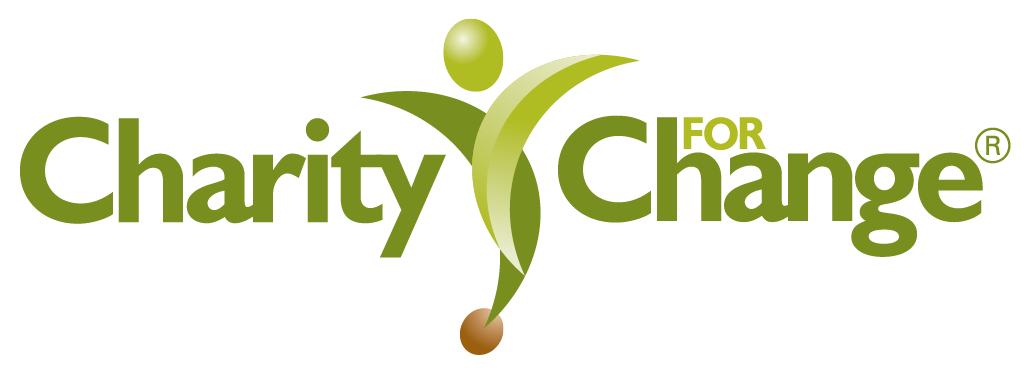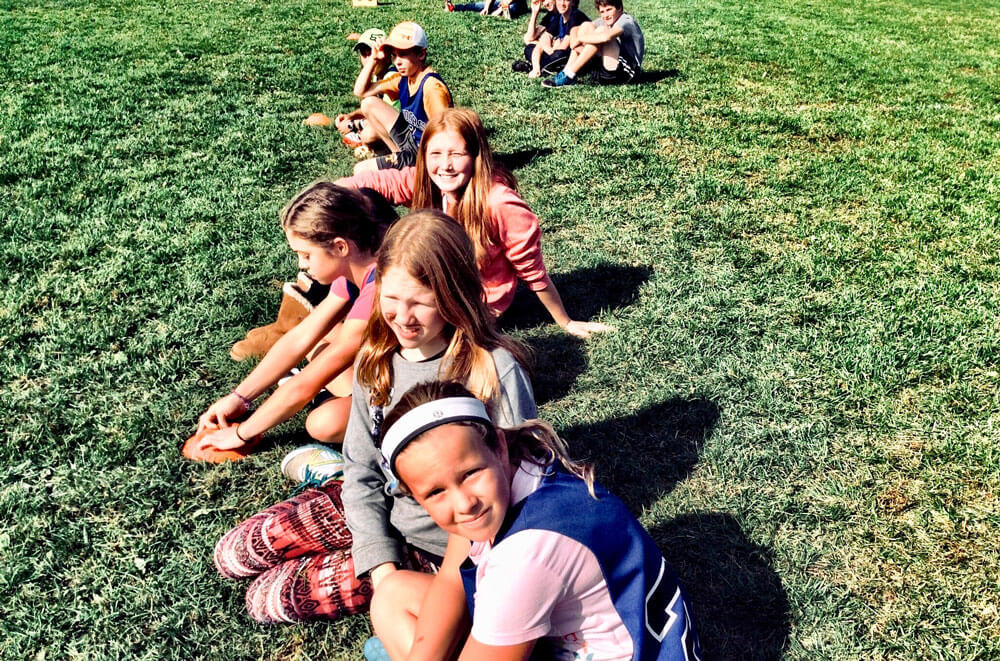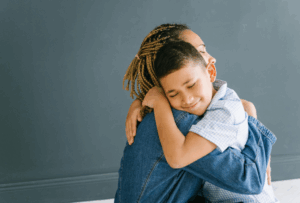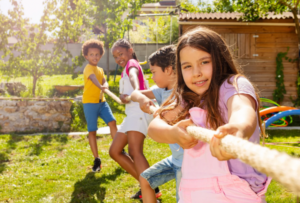By Karen Conley, President, CEO and founder of Charity for Change
As with all transitions during our lifetime, changes in our routine can cause stress, struggles to adapt, and isolation. This can be especially true for children as the overwhelming freedom of summer is thrust upon them. For some children, summer vacation is a time to thrive, play, and enjoy the sunshine. For others, the summer break can feel painfully abrupt and lead to insecurity and loneliness due to the reduced predictability of daily life and contact with friends.
Over the past few years of the pandemic, we have seen a growing mental health crisis among children and teens. The increased anxiety, irritability, loss, and instability we have all experienced can be even more problematical for young, forming minds.
Making mental health a priority during the summer months brings opportunities to engage and connect with children in valuable ways that can leave them feeling relaxed, recharged, and prepared for the next school year.
Summer Tips to Boost Children’s Mental Health
Build & Stick to a Routine. Established routines can create feelings of safety and security and a sense of control for children. A consistent schedule allows them to flourish and focus on having fun, recharging, and being present with family and friends. At the beginning of summer break, talk with children to decide what goals, activities, and experiences to have during the coming months. Working together to create a plan and putting it into action gives children a sense of purpose.
Practice Healthy Habits. A consistent routine should encourage healthy habits. Keeping a sleep schedule, preparing and eating balanced meals, and participating in activities can help a child’s overall wellbeing. Spending time together outside safely soaking up sunshine and limiting screen time will help them grow their independence and creativity.
Balance of Activities. It’s important for children to have a balance of activities so they do not get overwhelmed, fatigued, or bored. Physical activities like summer camps, biking, and sports should be balanced with low energy activities such as reading and arts/craft projects. Time spent relaxing in front of the television should be balanced with activities to engage their minds like puzzles and educational programs, such as Charity for Change’s summer SEL program. Learning how to balance their daily life is a skill they will carry on into adulthood.
Social-Emotional Learning (SEL) & Mental Health
SEL Programs not only help children succeed academically, but they also provide a foundation to build positive behavior, a deeper understanding of character traits, and inspire charitable and community involvement. Through programs like Charity for Change, children:
- Comprehend and apply character traits to promote positive relationships
- Appreciate the role of charity within their communities
- Believe they can affect positive change
- Demonstrate compassion, empathy and resiliency
Learning these life skills can help prepare children for unknown situations and challenges they will inevitably encounter, setting them up to cope with stress, make good decisions, and maintain positive relationships. By focusing on self-awareness and self-management, children are more emotionally intelligent and recognize when to ask for help. Charity for Change offers after-school, summer and in-school SEL programs in both face-to-face and virtual learning environments.





